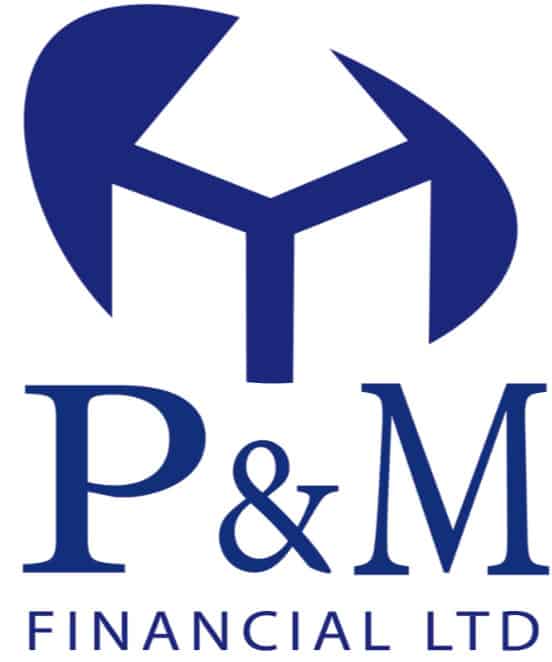
Key Questions to Ask When Re-mortgaging: Making an Informed Decision
Re-mortgaging, also known as refinancing, can be a wise financial move for homeowners looking to optimize their mortgage terms. However, before diving into the re-mortgaging process, it’s crucial to gather the necessary information and ask the right questions. By doing so, you can make an informed decision that aligns with your financial goals. In this blog post, we will explore the key questions to ask when considering a re-mortgage.
What is my current interest rate?
Understanding the interest rate on your existing mortgage is the first step in assessing whether re-mortgaging is worthwhile. This knowledge provides a baseline for comparison and helps determine potential savings.
What interest rate can I get with the new mortgage?
Research the prevailing interest rates offered by lenders for re-mortgages. Compare these rates with your current rate to determine if there’s an opportunity to secure a lower interest rate and reduce your monthly payments.
How do the interest rates compare?
Evaluating the difference between your current interest rate and the rate available with a new mortgage is essential. Assess whether the potential interest rate reduction justifies the costs associated with re-mortgaging.
What are the associated fees and charges?
Consider the fees and charges involved in re-mortgaging, including arrangement fees, legal costs, and valuation fees. By understanding these costs upfront, you can accurately evaluate the financial implications and weigh them against potential savings.
How long will the new mortgage term be?
Evaluate the duration of the new mortgage term. Extending the term can reduce monthly payments, but it may also result in paying more interest over the long run. Consider your financial goals and the impact of the new term on your overall budget.
What will my monthly mortgage payments be?
Calculate your estimated monthly mortgage payments under the new mortgage. This will help you assess affordability and determine if the new payments fit within your budget.

Are there any penalties or early repayment fees?
Review the terms of your current mortgage to understand any penalties or early repayment fees associated with switching lenders or repaying the loan early. These costs can impact the viability of re-mortgaging, so factor them into your decision-making process.
Will I incur penalties or fees for switching?
Inquire about any penalties or fees imposed by the new lender for switching to a new mortgage. Ensure that the potential savings from re-mortgaging outweigh these costs.
What is the loan-to-value (LTV) ratio?
Understand the loan-to-value ratio for the new mortgage. This ratio reflects the loan amount in relation to the property’s value. A lower LTV ratio generally leads to better interest rates and more favourable terms.
Do I need an appraisal or survey?
Determine whether an appraisal or survey is required for the re-mortgage process. This step helps the lender assess the property’s value and may affect the terms and conditions of the new mortgage.
Can I switch to a fixed-rate mortgage?
Explore the option of switching to a fixed-rate mortgage, which provides stability by locking in a specific interest rate for a predetermined period. Consider the fixed term and interest rate to determine if it suits your needs and financial objectives.
Are there any incentives or special offers?
Inquire about any incentives or special offers available for re-mortgaging. Some lenders may provide cashback, reduced fees, or other incentives to attract borrowers. Take advantage of such opportunities if they align with your requirements.
What is the overall cost of re-mortgaging?
Calculate the total cost of re-mortgaging, including fees, charges, and additional costs. By having a comprehensive understanding of the expenses involved, you can assess the financial feasibility and make an informed decision.
Will additional documentation or credit checks be required?
Check if additional documentation or credit checks are necessary for the re-mortgage application. Being prepared with the required paperwork streamlines the process and ensures a smooth transition.

Can I make overpayments on the new mortgage?
Evaluate the flexibility of the new mortgage in terms of overpayments. Determine if there are any limitations or penalties associated with making additional payments, as this may impact your ability to reduce the loan term or save on interest.
Re-mortgaging presents an opportunity to optimize your mortgage terms, potentially saving you money and improving your financial situation. By asking these essential questions, you can gain a comprehensive understanding of the re-mortgaging process and make an informed decision. Remember, it’s always advisable to consult with a mortgage advisor or financial professional who can provide personalized guidance tailored to your specific circumstances.
To find out more, get in touch with Prabs today!
Call us on 0800 634 9250

